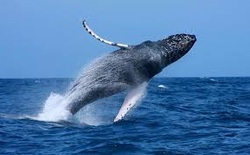
Christine Callaghan, a guide with a whale-watching cruiser in Canada’s Bay of Fundy, about two miles off Long Island in Nova Scotia caught the magical moment while riding in the boat with the fishermen who cut the whale free from lobsterpot ropes. The 40-ton humpback whale celebrated the release by soaring from the waves. It must have been an incredible moment.
Many years ago on the bottom of the globe, I caught sight of a Southern Wright whale in the cold water at Robe, in South Australia. Sitting in the sunshine on a cliff top, I watched her rise for hours, spellbound by the awe of eye contact with a giant of the ocean.
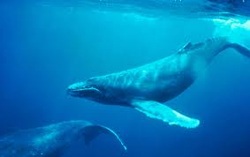
And so I leave this year's blog with a water slap from the humpback whale and a victory roll. I've achieved 360 posts of my views on news this year. I'm setting up a blog for 2014: http://511580395457358476.weebly.com
(it should work this time. I left the http:// off yesterday. Pop over and take a look.
I'll continue my daily views on news there next year. Hope you stay with me. I appreciate your support.



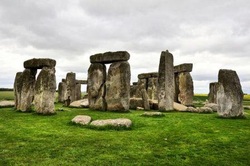



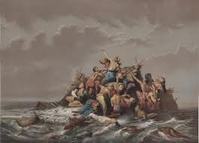
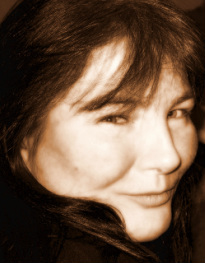
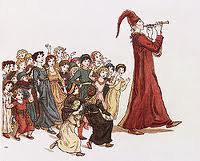


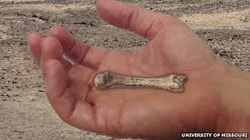










 RSS Feed
RSS Feed






